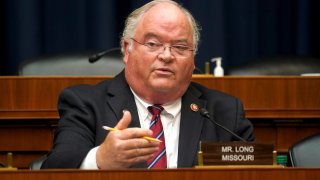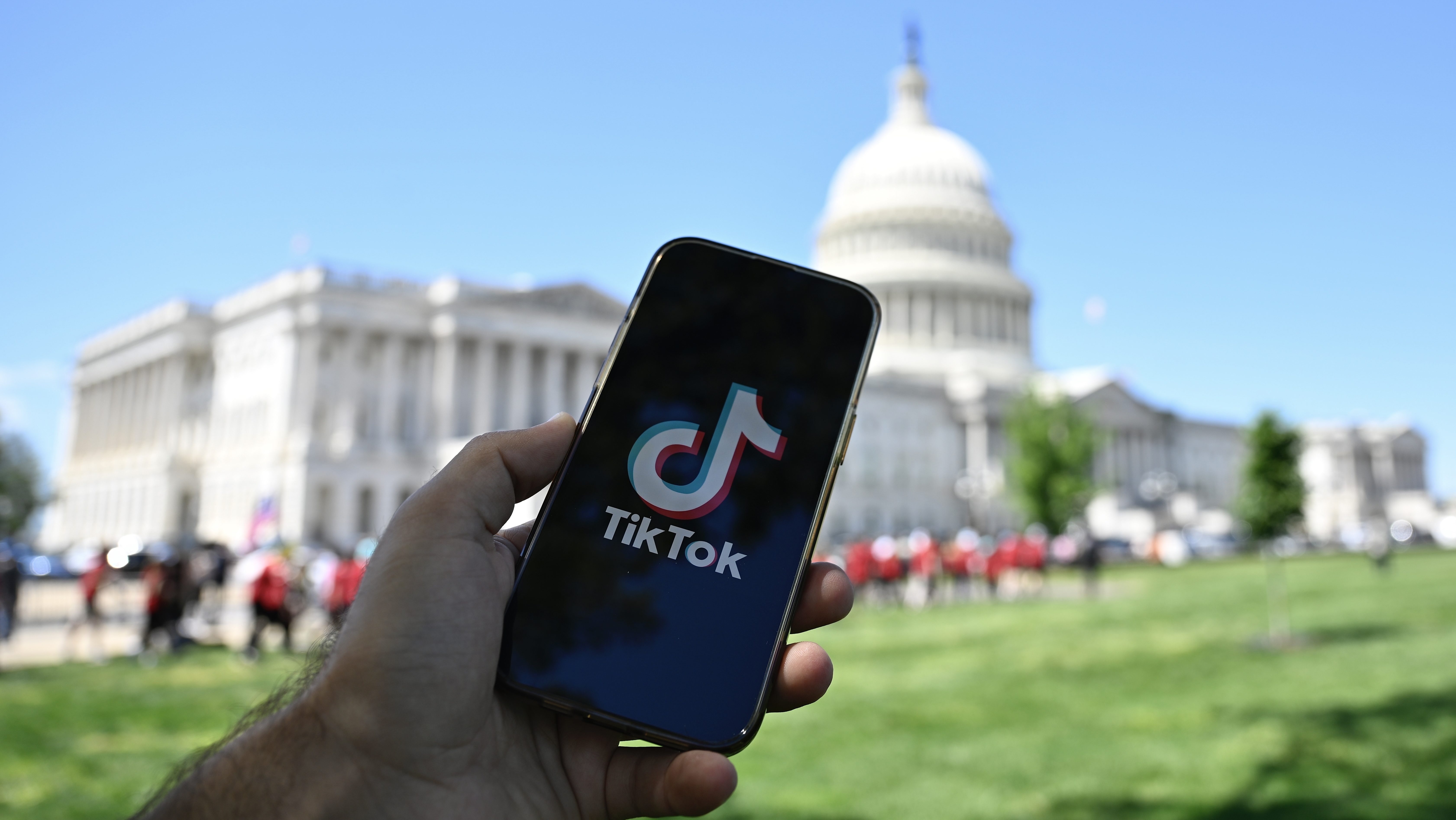
A week after Republican Missouri Congressman Billy Long released a Senate campaign ad claiming the 2020 presidential election was rigged, YouTube has removed the ad for violating its guidelines.
Long responded late Thursday by accusing YouTube and other tech companies of censoring conservative candidates and public figures.
“I am not alone in getting canceled by YouTube,” Long said in a news release. “There has been a deliberate, orchestrated effort by Big Tech to silence those who have views that do not align with their liberal-leaning agenda. Just look at what Twitter did to President Trump. He is still banned from communicating directly to the American people on its platform."
YouTube spokeswoman Ivy Choi said the website prohibits “content uploaded after official election results were certified advancing false claims that widespread fraud, errors, or glitches changed the outcome of the 2020 U.S. presidential election.”
Get Tri-state area news and weather forecasts to your inbox. Sign up for NBC New York newsletters.
Long is the latest Republican to do battle with YouTube. Two GOP lawmakers had their accounts suspended last year over comments related to COVID-19.
In June, YouTube suspended Sen. Ron Johnson of Wisconsin after he posted comments about alternative therapies. The Wisconsin Republican accused YouTube of “COVID censorship.”
In August, Sen. Rand Paulof Kentucky was suspended for a week for a posting that said cloth masks don’t prevent infection. He responded by calling YouTube’s decision a “badge of honor” in a Tweet.
Politics
Long, 66, represents a southwestern Missouri district. He is among several candidates seeking the GOP nomination in 2022 for the seat being vacated by Sen. Roy Blunt, who is not seeking a third term.
The ad features Long citing his early support of Donald Trump's successful 2016 presidential bid.
Federal and state election officials and Trump’s own attorney general have said there is no credible evidence the election was tainted. The former president’s allegations of fraud were also roundly rejected by courts, including by judges Trump appointed.
Still, the rhetoric has become a defining issue in several Republican Senate primary campaigns, including in Ohio and Arizona.



